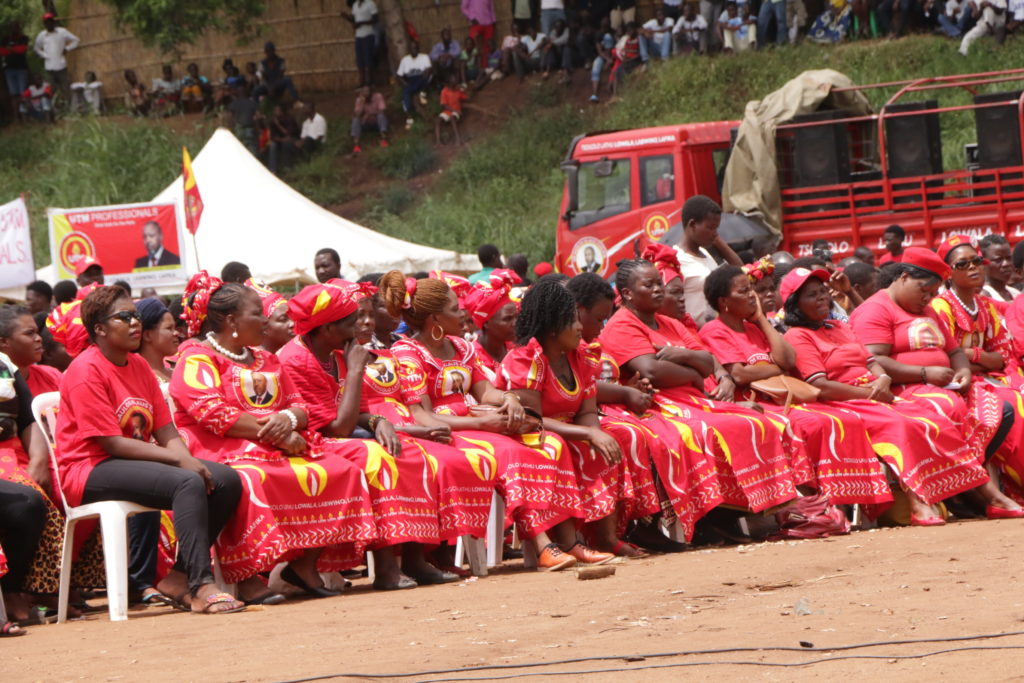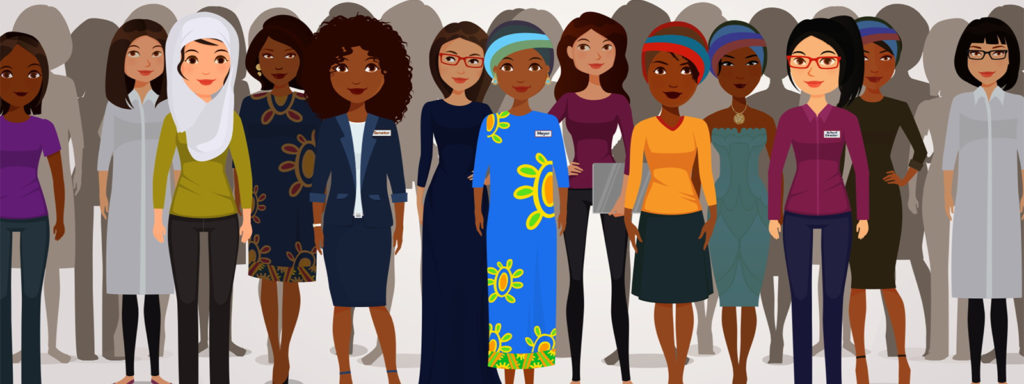Malawi has over the years, recognized that gender equality is an important catalyst for accelerating development. Malawi’s Constitution attests to this and so do other gender related laws that Malawi is signatory to at regional and international level.
However, gender mainstreaming in public institutions in Malawi remains far from being achieved despite such institutions having well-articulated gender policies and guidelines. Top leadership in public institutions remains disproportionately tipped towards men. HIVOS, an international humanitarian organization implementing in Malawi, commissioned a report on gender mainstreaming in public institutions reveals this.
The assessment was conducted between June and July 2019 aimed at assessing public sector institutions to determine the capacity of the institutions to implement and sustain the mainstreaming of gender equality in social economic development. Among other issues the assessment reviewed the legal framework and institutional structure of the Ministry of Gender, Children and Social Welfare; its human resource management issues; strategic management and effective positioning of gender in the leadership of the Ministry. It also assessed the decision-making process in the Ministry and other related public sector agencies. The assessment also looked at the institutional performance in terms of the functional mechanisms in place to undertake the work of the Ministry, programme results delivery, accountability system and institutional sustainability in terms of organisational commitment, leadership and strategic management and organisational knowledge and learning.
A total of 34 organisations were engaged. HIVOS interviewed government officials at both national and local government levels, representatives of donor organisations, civil society organisations and women’s groups.
The report co-authored by Associate Professor Asiyati Chiweza and Dr. Tiyesere Chikapa both from University of Malawi, found out that the Public Service Act of 1994 (PSA) and the Malawi Public Service Regulations (MPSR) are the key pieces that regulate recruitment, appointment and conditions of service in the public service. Yet these two pieces of legislation are not aligned with the newly enacted Gender Equality Act of 2013 (GEA) and are inadequate in ensuring gender equality as they do not go beyond formal equality to recognise the need for specific attention to mainstream gender and ensure gender equality.
The report has also revealed that lack of gender mainstreaming in Malawi’s public institutions is not due to lack of capacity or good gender mainstreaming policies but rather it is mostly due to lack of policy dissemination, implementation, enforcement and harmonisation.
Another major obstacle to implementation and enforcement of gender found is the minimal financial resources allocated to gender work and the Ministry of Gender, Child, Disability and Social Welfare Compared to other departments, the gender department is the least funded departments and sometimes there is literary no allocation for the department. According to the report, these findings confirm the observations made by a gender analysis of the Ministry of Gender, Child, Disability and Social Welfare (MoGCDSW) carried out by the UN Women in 2015 and UNDP in 2018.
“Even in the district councils, gender related activities are under budgeted and the gender officers rely on NGOs to implement their work plans,” the reports states.
The report makes it clear that lack of government allocation of resources to gender mainstreaming or minimal level of financing for gender related activities both at the national and district level has a huge impact on what the Ministry of Gender, Child, Disability and Social Welfare can reasonably achieve.
“The noble intentions of government reflected in the policy documents, frameworks, and strategic plans are not matched with the necessary resources to achieve them. This explains the limited implementation of the strategic plans and over reliance on development partners.”
In its recommendations, HIVOS urges the Ministry of Gender, Child, Disability and Social Welfare to review and harmonize the gender mainstreaming guidelines for the whole public service so that there is one gender policy for the entire civil service which is not the case at the moment where every public service institution is required to develop its own gender policy.
The report also calls for the Ministry of Gender, Child, Disability and Social Welfare to work in liaison with the OPC to initiate the deployment of permanent gender focal persons in ministries who should also be in senior positions. It also recommends that the Office of the President and Cabinet (OPC) should closely work with Ministry of Gender, Child, Disability and Social Welfare during the gender Organisational Performance Assessment Mechanism (OPA) and should include penalties and incentives for non-adherence to gender mainstreaming guideline.
HIVOS also urges non-state actors to assist the Ministry of Gender in advocating for more financial resources for its gender mainstreaming work and operations based on its national and international commitments.
In Malawi, the public service is the main driver for the formulation and implementation of the national development agenda currently contained in the Malawi Growth and Development Strategy (MGDS III) which comprises the following institutions; the National Assembly, the Judiciary, the Civil Service which comprises all government ministries and departments, the Defence Force the Police service, the Local Government Authorities and any Corporation, Council, Board, Committee and Public Universities.


